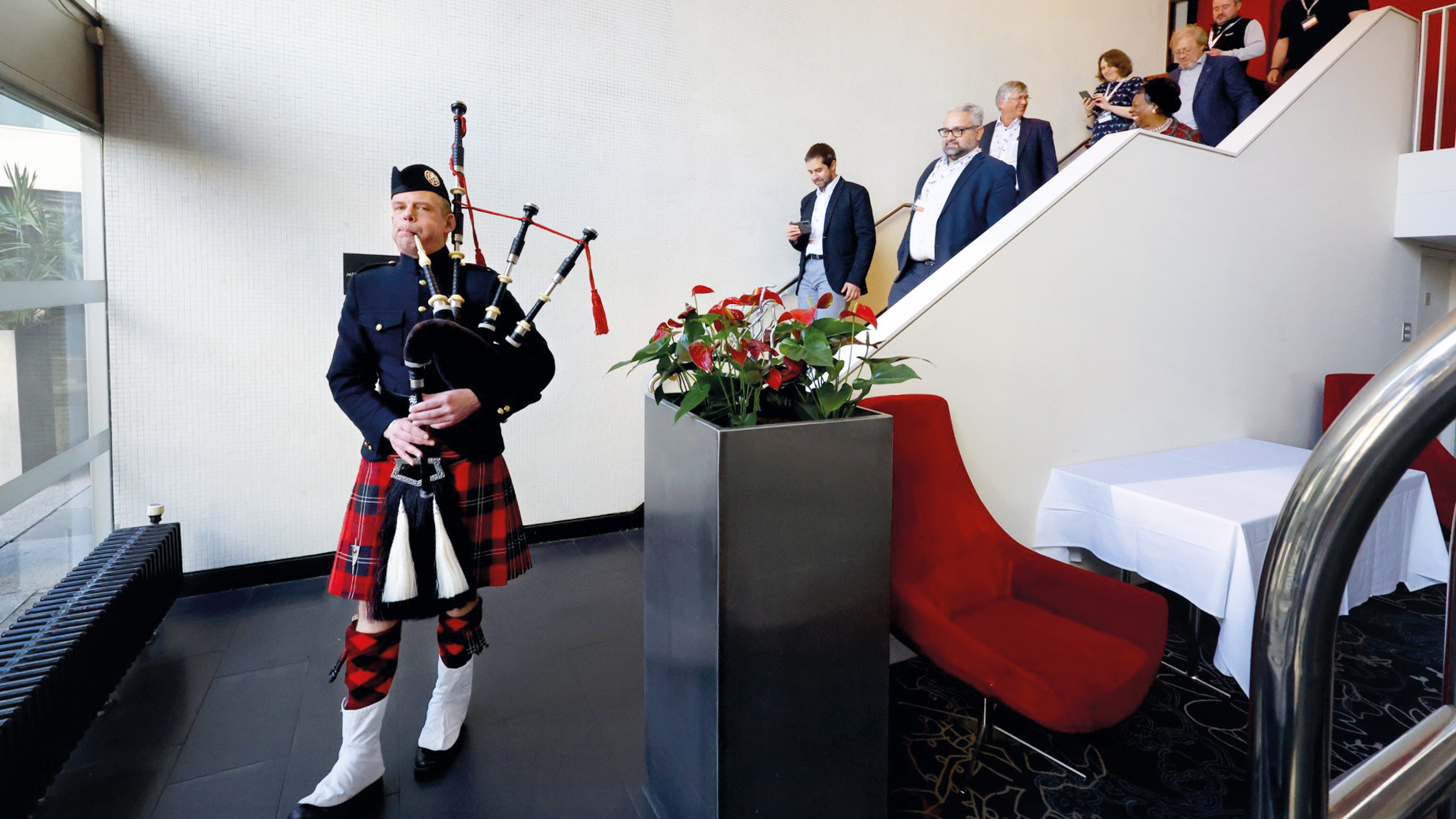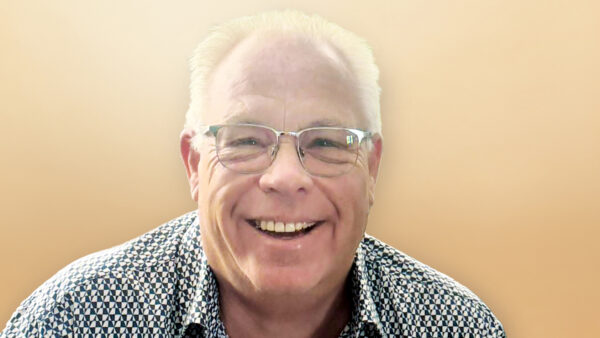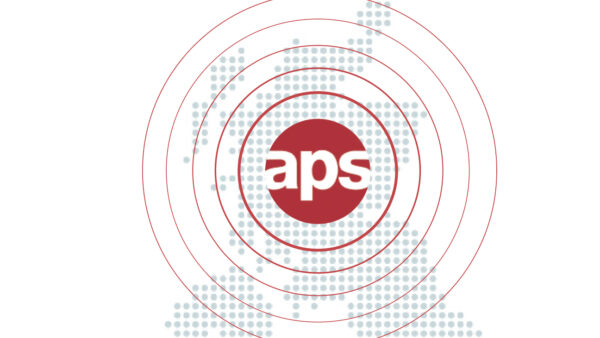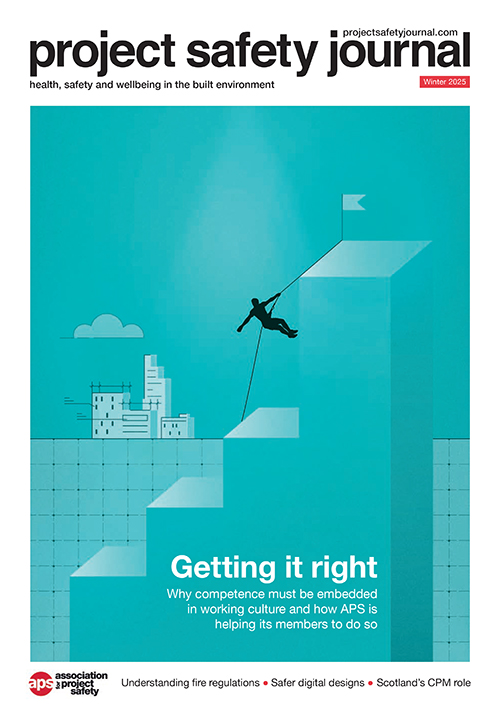
Global safety and health construction coordinators came together at the APS/ISHCCO congress.
Greater collaboration between UK health and safety professionals and their European counterparts has been pledged at a landmark international congress in Edinburgh.
The Association for Project Safety (APS) and the International Safety and Health Construction Coordinators Organization (ISHCCO) hosted the meeting in March to bring together construction safety experts from across Europe.
The gathering focused on raising competency standards, tackling emerging risks and strengthening global collaboration in construction health and safety coordination.
The key themes discussed included issues around competence and compliance in a post-Grenfell landscape.
With building safety regulations tightening, discussions focused on how safety and health construction coordinators (SHCCs) – including UK principal designers (PDs) and principal contractors (PCs) – must adapt to ensure improved safety standards.
Impact of climate change
There were also discussions around new and emerging risks – beyond known hazards such as asbestos and silica – and the event highlighted new occupational risks and the impact of climate change on construction safety.
Key takeaways
APS past president Philip Baker, who is an ISHCCO co-founder and also chairs a working group, spoke at the conference. Here are his five key takeaways
Safety and health construction coordinators (UK PD and PC) have vital roles to play in delivering improved standards for construction health and safety.
Measuring performance is important and it is important to get it right.
Technology, both physical and digital, should be embraced to help the processes.
Organisations need to work collaboratively to deliver change.
Speakers, who included APS president Mark Snelling and Steven Naylor from HSE’s Science Division data science team, reinforced the role of technology, particularly how digital innovation – BIM and emerging technologies – can enhance processes and improve risk management.
Other themes included: introducing greater collaboration between ISHCCO and the International Social Security Association – Construction Section (ISSA-C) to tackle global challenges; building a resilient future by climate-proofing design infrastructure – the European Council of Civil Engineers (ECCE) manifesto; and measuring performance in a bid to improving safety outcomes to benefit long-term industry improvements.
Sharing best practices
As a founder member of ISHCCO, APS has a longstanding commitment to improving health and safety coordination in the UK and Europe. The joint congress underlined the importance of sharing best practices and fostering international collaboration to advance construction safety.
APS chief executive Andrew Leslie commented: “APS was formed by consequence of EU directive 92/57 which impacted on all EU member states. Despite the UK decision to leave the EU, APS recognises the importance of sharing good practice and research and development with our ISHCCO colleagues, particularly as many design and construction goods and services are now delivered on an international basis.”
ISHCCO president Evangelitsa Tsoulofta added: “ISHCCO’s vision, as the umbrella organisation of safety and health construction coordinators in Europe and worldwide, is to affirm its members’ professional identity and collaborate with OSH [occupational safety and health] and construction professionals and institutions for a safer, healthier and sustainable construction industry and infrastructure.
“Promoting construction OSH, we not only protect the lives and wellbeing of construction workers but also contribute to the sustainability of our industry, infrastructure and society.”
Tsoulofta continued: “I extend an invitation to all OSH and construction professionals to join ISHCCO in this noble mission, and I look forward to working together to build a better future for all.
“Building on the success of Edinburgh 2025, our Spanish colleagues will host the next ISHCCO General Assembly and Congress in Madrid in 2026, further strengthening ties between European safety coordinators.”












